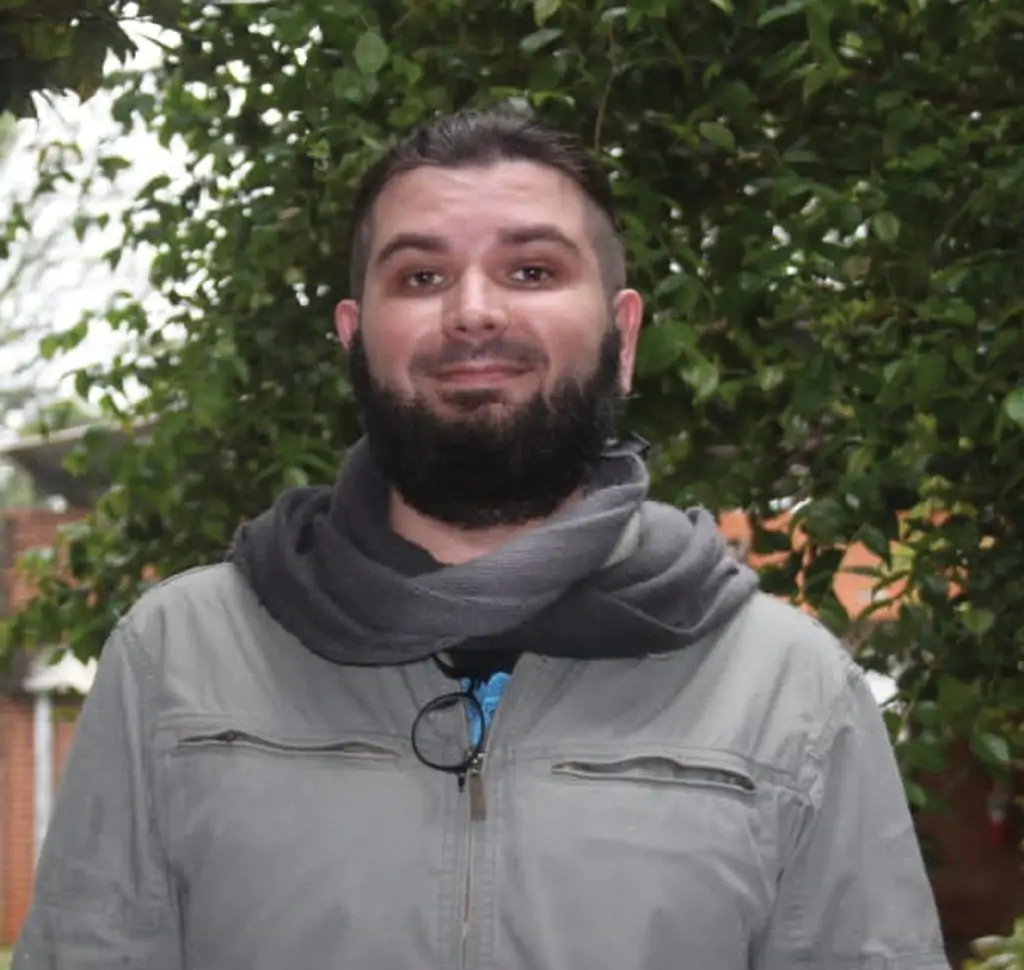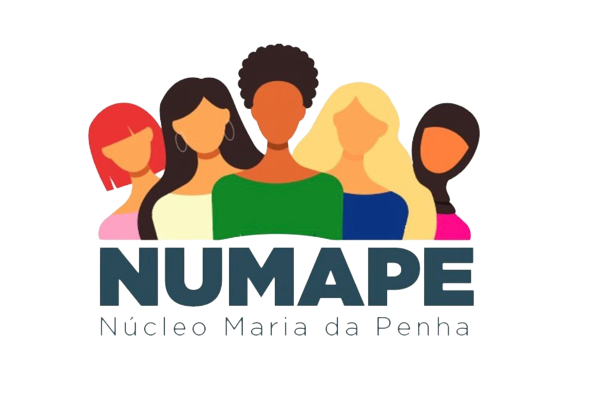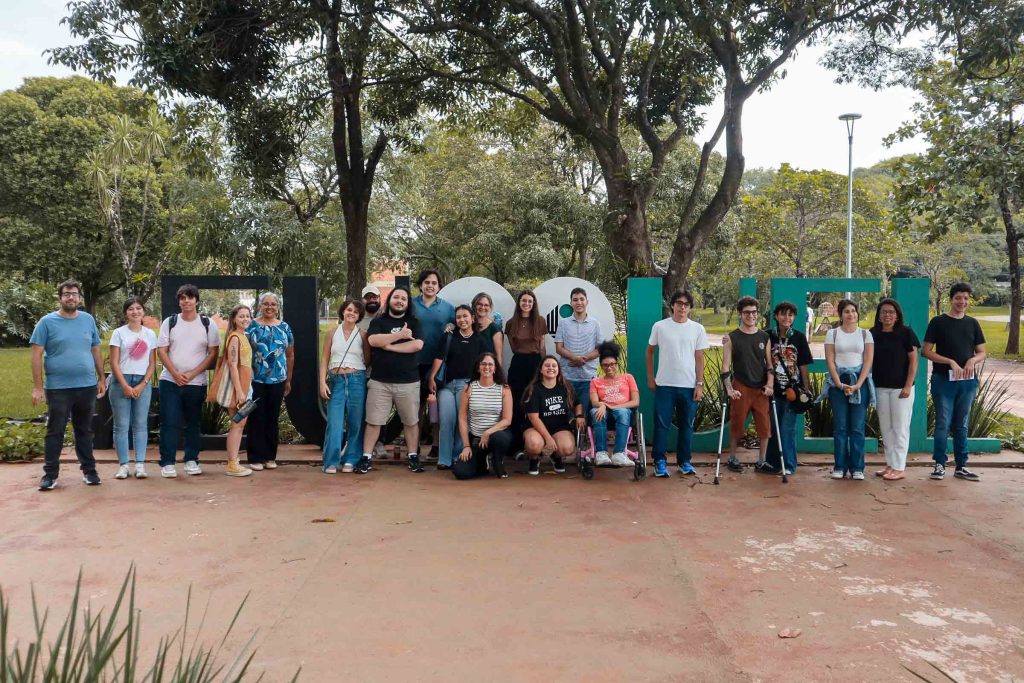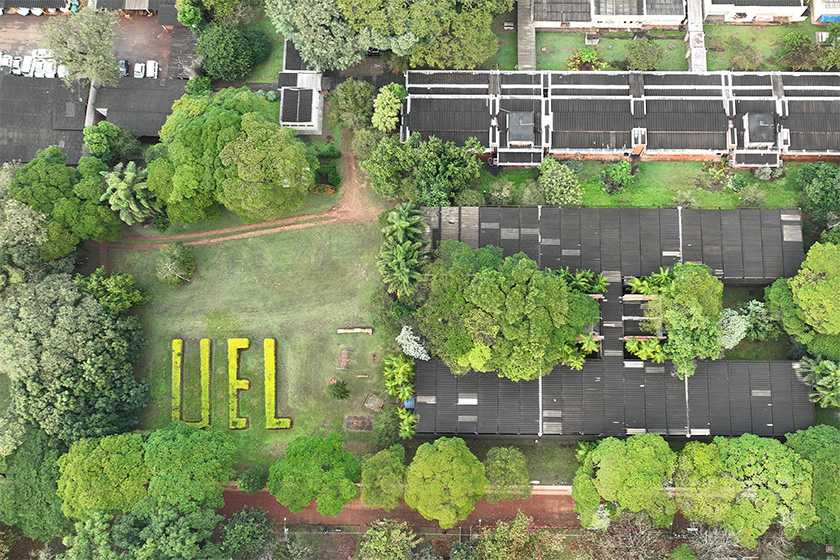[EN] Research project discusses the reach and acceptance of fake news in society
[EN] Research project discusses the reach and acceptance of fake news in society
Texto originalmente publicado em português no Jornal Notícia, edição nº 1415. Traduzido pela equipe do Paraná Fala Inglês.Fake news has become increasingly prominent in various fields, including the sciences, politics, and education. The speed at which it spreads and the number of people it can reach has sparked debate and intrigued researchers from different disciplines. After all, why do so many people still believe in and share false news? The project “Estudos comportamentais sobre a aceitação e difusão de fake news” (Behavioral studies about receiving and spreading fake news) arose aiming to find an answer to such a question. The research is coordinated by Professor Hernando Borges Neves Filho, from the Department of General Psychology and Behavior Analysis, of the Centro de Ciências Biológicas (CCB).
The project started in 2021 with the purpose of understanding the psychological and behavioral aspects that lead people to believe in and share fake news and misinformation. Besides that, it attempts to find ways to avoid or mitigate this issue. To accomplish these objectives, the project was divided into three parts: Literature review, laboratory research with animals, and research with human beings.
The first part of the project was developed during a one-year period by the Psychology undergraduate student Heloisa Santana Kohatsu in the program of Scientific Initiation, with the collaboration of other participants of the project. For this first stage, a study on how fake news is seen and dealt with by the behavioral sciences in various places around the world was conducted. The purpose was to build a scientific basis for the next steps.

“Nowadays, there are many people in the world studying this phenomenon of fake news. So, our initial project aimed to understand what people are doing and where science is at this moment. Then what we did in the Scientific Initiation program was a systematic review of the literature, especially because we were facing the pandemic as well. We conducted an interdisciplinary research of impact journals in English to assess what these people were describing and what they thought about false news,” Professor Hernando explains.
According to the coordinator, significant data regarding the relationship between human behavior and fake news were found in preliminary studies. These indicate that the root of the problem lies in the culture and environment in which a person who spreads false news is inserted, regardless of their level of knowledge or concern towards the problems fake news may cause. Thus, Psychology can manage to successfully understand the relationship between human beings and news.
“There is a famous finding in Psychology, discovered by researchers from England, showing that most people who share fake news know what they are sharing, or at least that the information being shared is not the most reliable they could have, but still share it,” he says. According to Hernando, this is because there are consequences, contexts, and arrangements that are more relevant for these people, whether than checking if a news item is false or not. “Some factors that influence these choices are related to what people believe others might think about them, the audience they are communicating with, and how it will be accepted in specific groups, for example,” he explains. In November, a paper on these findings will be presented at UEL’s 31st Annual Meeting of Scientific Initiation (EAIC).
This first research counted on data from countries such as the United States, Great Britain, Japan, New Zealand, and South Africa. As the project coordinator points out, there are still few studies on the theme in the field of Psychology in Brazil, and this is one of the first initiatives. Henceforth, the research will focus on understanding the local dynamics and the role of Brazilian culture on the issue of fake news and misinformation.
The Next Steps
Moving on to a new stage, the project will develop scientific research with rats and monkeys. The aim is to understand what simple behavioral processes are involved in communication and misinformation. A study model will be developed to investigate how these animals communicate a lie to others. A group of 10-15 Psychology graduate students will be assembled to perform these tests.
According to the project coordinator, it might be possible to identify similarities in these animals’ behaviors when compared to human beings,’ based on the data collected in laboratory research. Consequently, it might be possible to understand human communication when it comes to fake news. In addition, the creation of an animal model contributes to further research in Brazil and worldwide, allowing other researchers interested in the subject to perform analyses with low financial costs from various perspectives.
Once the tests with animals are complete, the project will proceed to research with human beings via the Internet. In this stage, it is intended to analyze fake news involving the Supreme Federal Court (STF) specifically. Hence, it will be possible to investigate not only what people think and say about the highest organs of the Judiciary Power, but also what fake news and misinformation are involved in this context.
“In partnership with the STF, we will try to understand how fake news is disseminated and spread in the Brazilian culture; that is, what aspects allow or facilitate their creation and dissemination. So, we will study aspects, such as the structure of a text, how it is organized, what its constituent parts are, and its function in human behavior, which involves causing moral panic, aversive situations, and so on.,” Hernando explains.
Due to the theme being discussed in his project, the professor was invited to join a task force to combat fake news and misinformation, created by the Federal Supreme Court (STF), through the UEL’s Rectory. The initiative involves researchers from several Brazilian universities studying this phenomenon in different areas of knowledge. The idea of the organization is to create a network for these researchers to discuss the topic among themselves, seeking to understand and find solutions to the problem. “This effort is also related to the fact that, at some point, we will create new tools that might assist the Supreme Court to clarify and mitigate false information as it grows its online presence with that purpose,” the professor concludes.
* Journalism Intern at COM/UEL.
Tradução: Ana Paula dos Santos Aires. Coordenação institucional do Paraná Fala Inglês (PFI): Fernanda Brener.
Texto original em português: Projeto de pesquisa discute alcance e aceitação de fake news na sociedade.




